
How to get URL link on X (Twitter) App


 They are stranger than I expected. I'm not sure "fetish video" is correct. Most, despite featuring shackles and confinement, don't linger on that aspect, or at least fail, as far as I can tell, to eroticize it. They are heavy on plots intended to produce emotional responses.
They are stranger than I expected. I'm not sure "fetish video" is correct. Most, despite featuring shackles and confinement, don't linger on that aspect, or at least fail, as far as I can tell, to eroticize it. They are heavy on plots intended to produce emotional responses. 

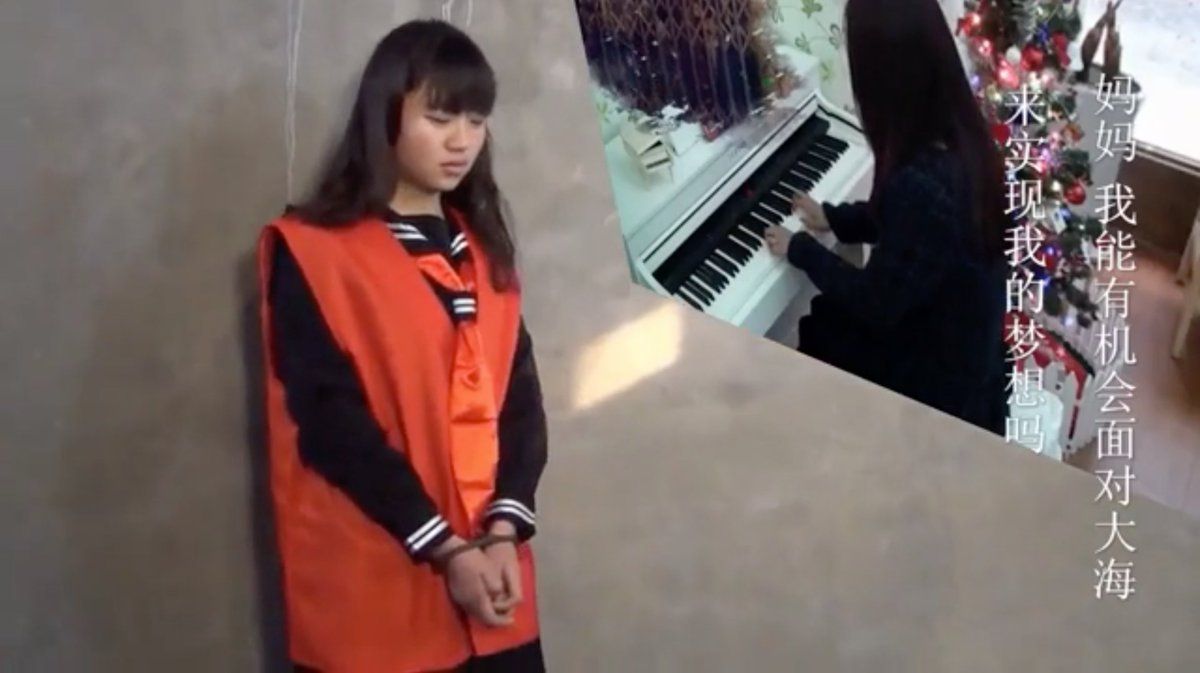


 Competitiveness in an industrial age relies on these factors: making things that others cannot, making things better, and making things cheaper. To do those things relies on skilled technicians, scientists, and workers. China has a good supply of all of them. There are many… twitter.com/i/web/status/1…
Competitiveness in an industrial age relies on these factors: making things that others cannot, making things better, and making things cheaper. To do those things relies on skilled technicians, scientists, and workers. China has a good supply of all of them. There are many… twitter.com/i/web/status/1…

 Fifty-six percent suggested that logistical support should be the extent of SDF aid. Twenty-seven percent said it would be wrong to work with the American military. Seventy percent suggested that the solution to the Taiwan issue was deepening relations with China.
Fifty-six percent suggested that logistical support should be the extent of SDF aid. Twenty-seven percent said it would be wrong to work with the American military. Seventy percent suggested that the solution to the Taiwan issue was deepening relations with China.

 Look at those peaches! The consumption numbers bear out the conclusion. But, again, China is a continental agricultural superpower. You can't compare it to a temperate, mountainous island chain. That's the final answer: this is life on a string of islands in the North Pacific.
Look at those peaches! The consumption numbers bear out the conclusion. But, again, China is a continental agricultural superpower. You can't compare it to a temperate, mountainous island chain. That's the final answer: this is life on a string of islands in the North Pacific. 

 The system was early on attacked by Confucian societies, merchants, residents, and patriotic women's groups, who demanded that women in the quarter be denied certain hairstyles, as well as unbound feet (they didn't want their daughters mistaken for working girls).
The system was early on attacked by Confucian societies, merchants, residents, and patriotic women's groups, who demanded that women in the quarter be denied certain hairstyles, as well as unbound feet (they didn't want their daughters mistaken for working girls). 

 Lin lays out Haizi's engagement with Jin Guantao, Alvin Toffler, Hegel, and posthumanism in his academic work, as well as his epic poems. Like Qian, Haizi was interested also in the possibility of qigong and somatic science as more than a metaphor for information theory.
Lin lays out Haizi's engagement with Jin Guantao, Alvin Toffler, Hegel, and posthumanism in his academic work, as well as his epic poems. Like Qian, Haizi was interested also in the possibility of qigong and somatic science as more than a metaphor for information theory. 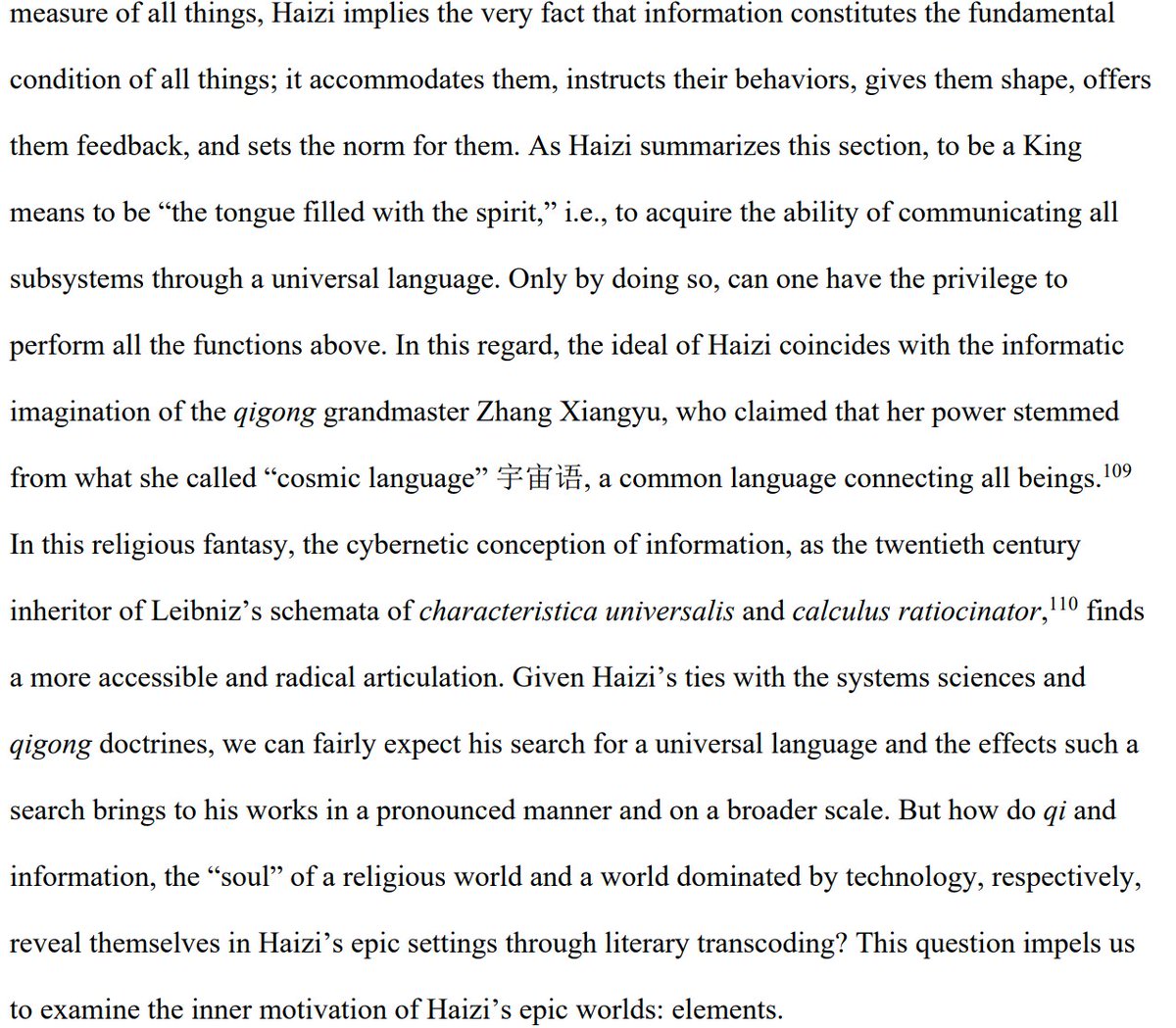


 The Americans and Japanese were involved in getting tungsten out of China before Kodama arrived (see: Southeast Asian Raw Materials and the Origins of the Pacific War, Marshall). It is a essential to waging industrialized warfare. The Japanese came to monopolize the trade...
The Americans and Japanese were involved in getting tungsten out of China before Kodama arrived (see: Southeast Asian Raw Materials and the Origins of the Pacific War, Marshall). It is a essential to waging industrialized warfare. The Japanese came to monopolize the trade... 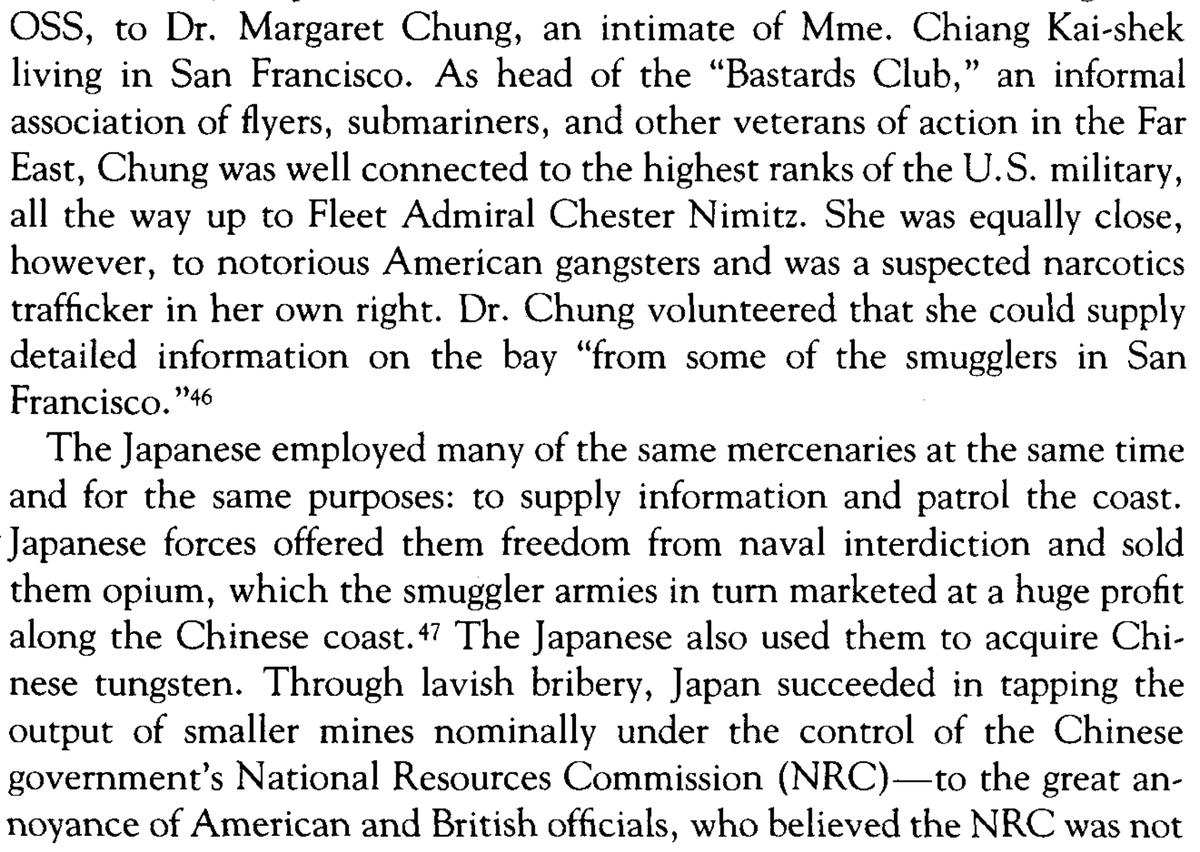

 This article seems to be popular as a scholarly, leftist take-down of a figure scorned by scholarly, leftist types. It is that, but Ito, who writes frequently on the online right, attempts also to figure out why and to who hiroyuki appeals. I will explain it as best as I can...
This article seems to be popular as a scholarly, leftist take-down of a figure scorned by scholarly, leftist types. It is that, but Ito, who writes frequently on the online right, attempts also to figure out why and to who hiroyuki appeals. I will explain it as best as I can...

 This one is less whimsical. It looks like the types of gardens kept on balconies. It looks like my garden balcony, where seeds from produce are dropped haphazardly. Yuzu is the only thing I have found that produces viable seeds and survives the colder months.
This one is less whimsical. It looks like the types of gardens kept on balconies. It looks like my garden balcony, where seeds from produce are dropped haphazardly. Yuzu is the only thing I have found that produces viable seeds and survives the colder months. 

 They did not take advantage of the intensification of class conflict (or contradiction). This is taken as proof that mobilization of workers, rather than students and the urban petty bourgeois, is necessary for struggle to succeed. This is not without justification.
They did not take advantage of the intensification of class conflict (or contradiction). This is taken as proof that mobilization of workers, rather than students and the urban petty bourgeois, is necessary for struggle to succeed. This is not without justification. 

 We get several statements from Wang Jian of Aliyun, the Alibaba cloud service. The first says, basically, urban problems do not develop by themselves but rather come about by design because no planner can listen attentively to the voice of every person in the city.
We get several statements from Wang Jian of Aliyun, the Alibaba cloud service. The first says, basically, urban problems do not develop by themselves but rather come about by design because no planner can listen attentively to the voice of every person in the city.

 When a local business buys one of the extravagant showpiece rakes, chanting and clapping breaks out. If you pay five thousand yen, as I did, you will only be invited to select custom charms to stick into it. After that, there is nothing left to do but walk the side streets.
When a local business buys one of the extravagant showpiece rakes, chanting and clapping breaks out. If you pay five thousand yen, as I did, you will only be invited to select custom charms to stick into it. After that, there is nothing left to do but walk the side streets. 





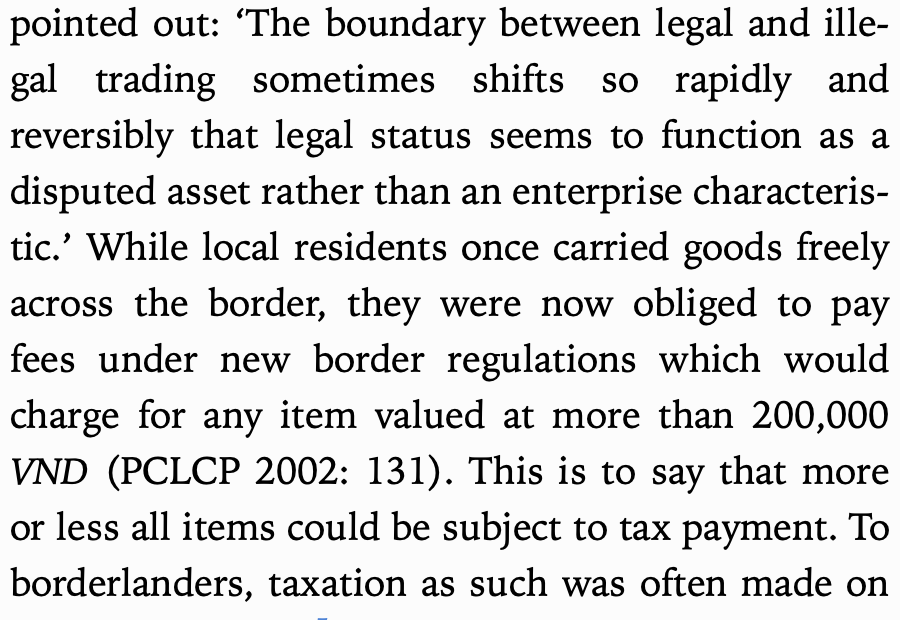




 Japanese militarism necessarily sidelined the Emperor as anything but a figurehead, so there was no reason to upset the order. He speculates that the Showa Emperor is likely a "liberal and a man of peace at heart." Reischauer warns: do not vilify him. We need him.
Japanese militarism necessarily sidelined the Emperor as anything but a figurehead, so there was no reason to upset the order. He speculates that the Showa Emperor is likely a "liberal and a man of peace at heart." Reischauer warns: do not vilify him. We need him. 


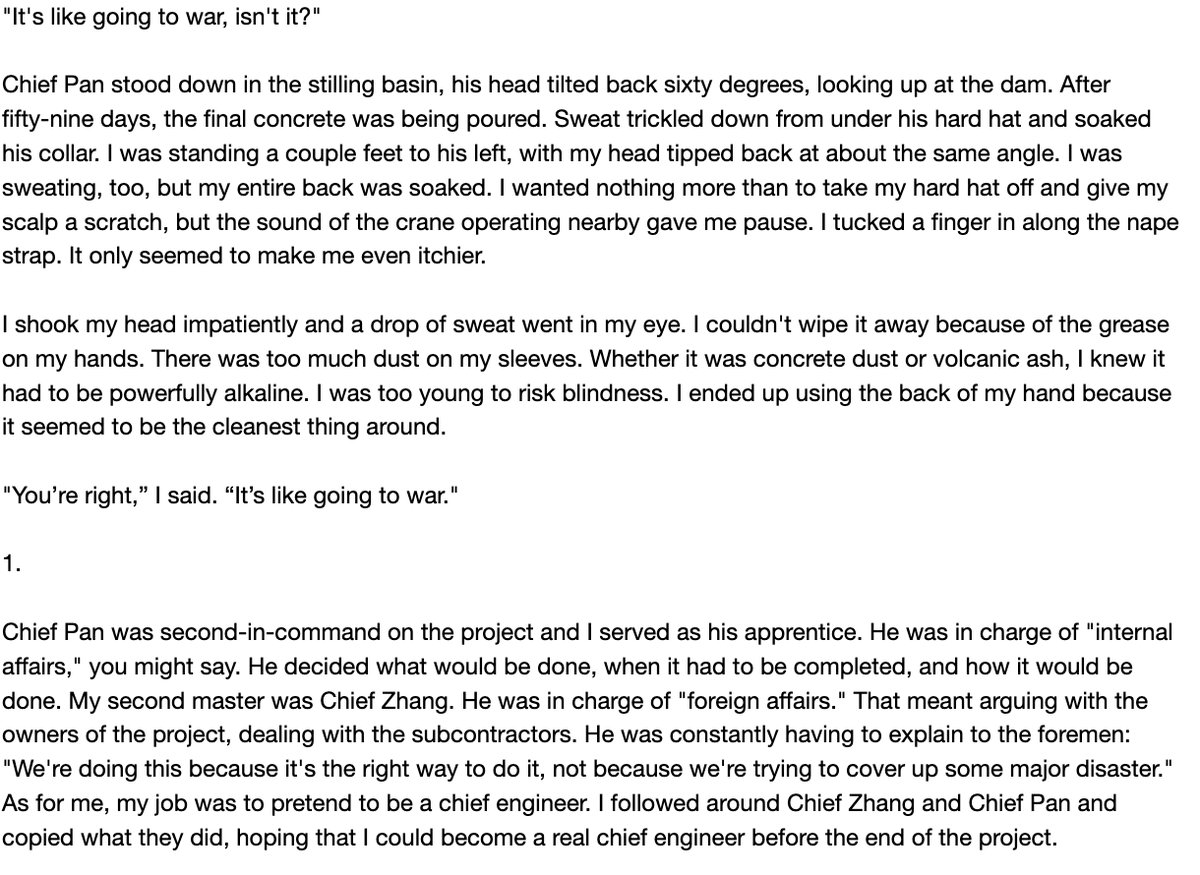
 For Cao Fengze, international development is about building alternatives to Western modernity and hegemony. The dam project is also personal. He has found a place to act on his ideals. He is looking for frontiers. He wants to build things that will outlast his own civilization.
For Cao Fengze, international development is about building alternatives to Western modernity and hegemony. The dam project is also personal. He has found a place to act on his ideals. He is looking for frontiers. He wants to build things that will outlast his own civilization. 


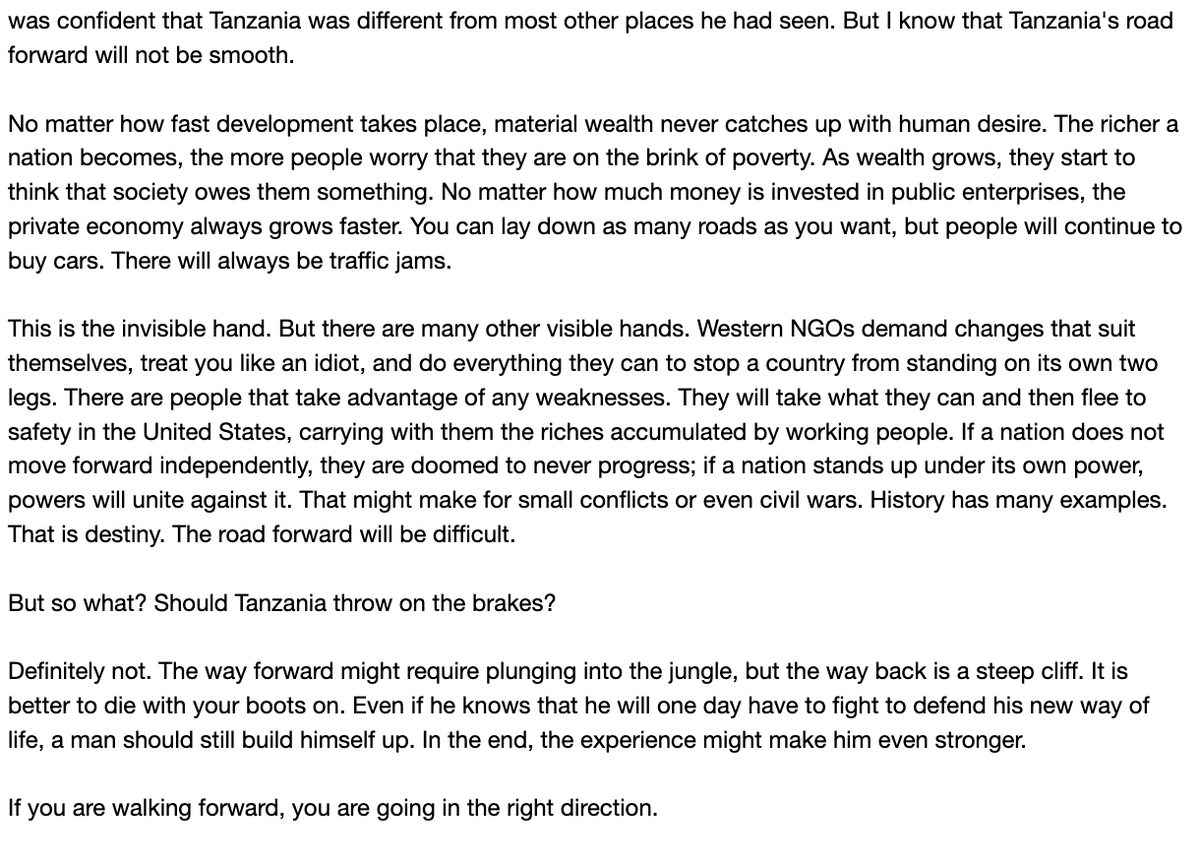

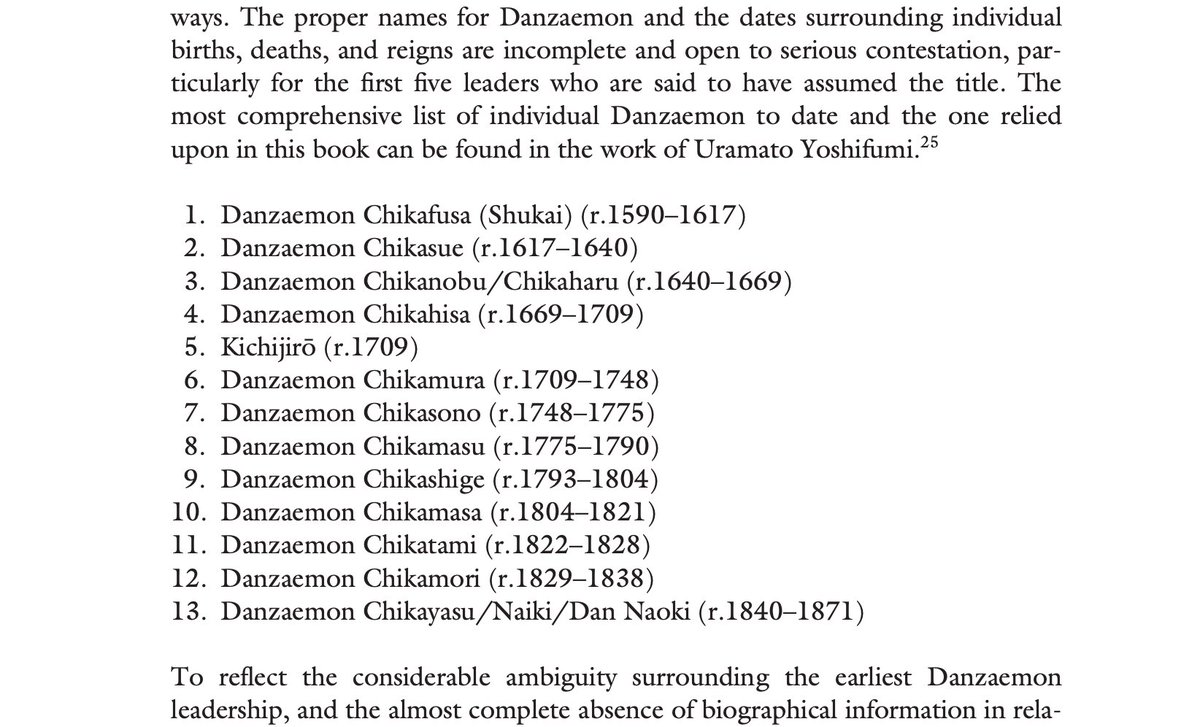
 The shogunate needed to maintain order, including over people—beggars and butchers, mule skinners and monkey trainers, hangmen and cobblers—that were separate from the classes of samurai and commoners. They began to be officially and unofficially categorized and organized.
The shogunate needed to maintain order, including over people—beggars and butchers, mule skinners and monkey trainers, hangmen and cobblers—that were separate from the classes of samurai and commoners. They began to be officially and unofficially categorized and organized.

 They felt free, whatever that means. This was a time of limited enthusiasm for the American project, especially among people in their early twenties. For the dropouts burning a year teaching English, one of the alternatives to going to China was going to Afghanistan.
They felt free, whatever that means. This was a time of limited enthusiasm for the American project, especially among people in their early twenties. For the dropouts burning a year teaching English, one of the alternatives to going to China was going to Afghanistan. 